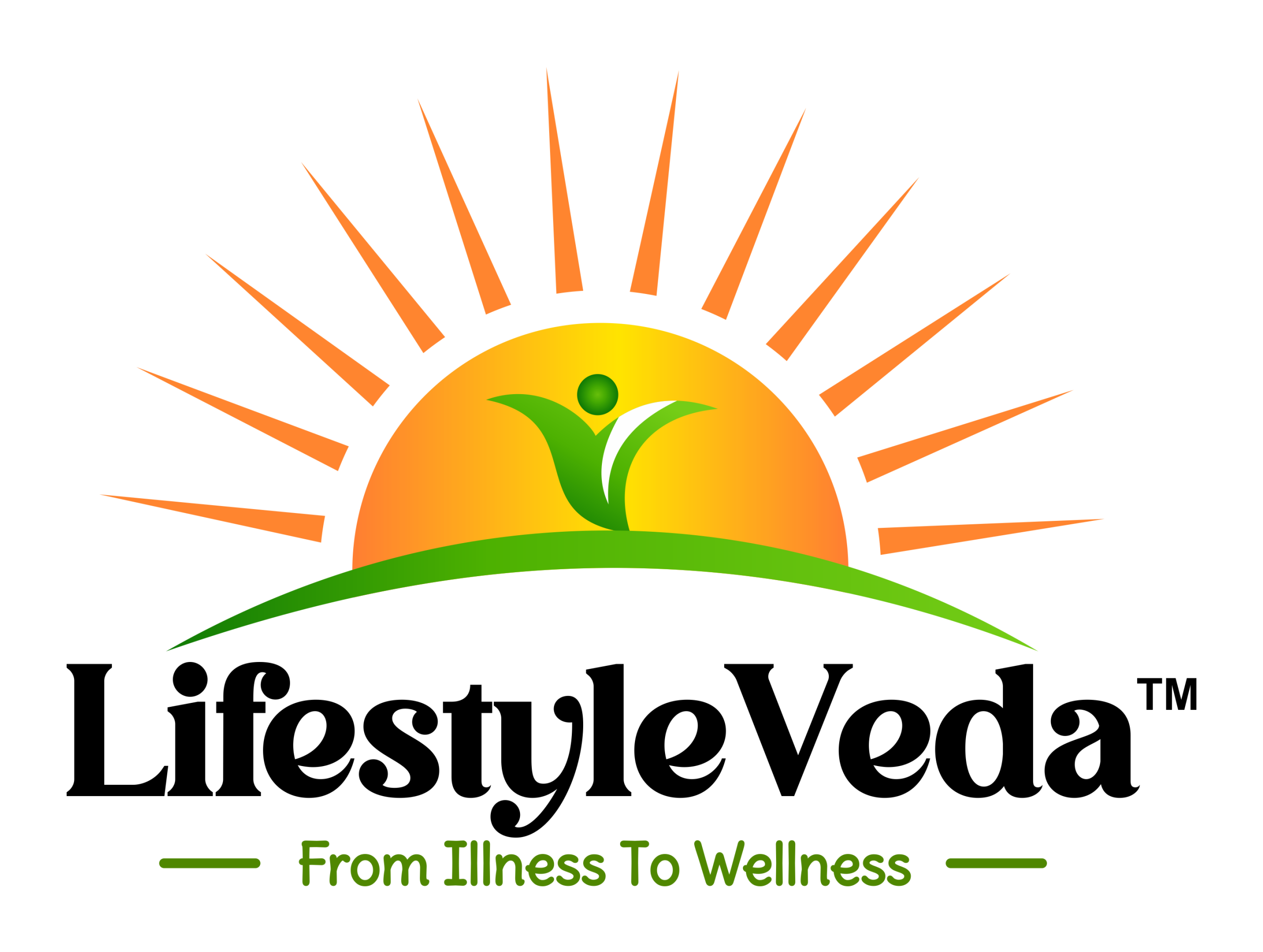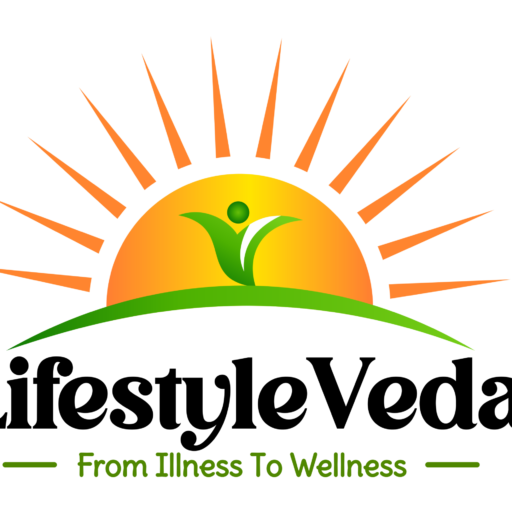
Ulcers: Causes, Symptoms, and Treatment
An ulcer is an open sore or lesion that can form on the skin, stomach lining, intestines, or other tissues due to various causes. The most common types are peptic ulcers (stomach & duodenal ulcers), mouth ulcers, and pressure ulcers (bedsores).
Types of Ulcers
1. Peptic Ulcers (Stomach & Duodenal Ulcers)
🔹 Caused by:
- H. pylori bacterial infection
- Excess stomach acid
- Long-term use of NSAIDs (e.g., ibuprofen, aspirin)
- Smoking & alcohol consumption
🔹 Symptoms:
✔ Burning stomach pain (worse on an empty stomach)
✔ Nausea, bloating, or vomiting
✔ Black or bloody stools (if bleeding ulcer)
✔ Loss of appetite & unintentional weight loss
Treatment:
Antibiotics (for H. pylori infection
Proton pump inhibitors (PPIs) – Omeprazole, Pantoprazole (reduce acid
H2 blockers – Ranitidine, Famotidine
Avoid spicy foods, alcohol, caffeine, and NSAIDs
Eat gut-friendly foods – Bananas, yogurt, oats, honey
2. Mouth Ulcers (Canker Sores)
🔹 Caused by:
- Stress, injury, or irritation (biting the cheek, braces)
- Vitamin deficiencies (B12, iron, folate)
- Food allergies (spicy, acidic foods)
- Viral infections (cold sores from herpes virus)
🔹 Symptoms:
Small white or yellow sores inside the mouth
Pain while eating or drinking
Burning sensation
Treatment:
Salt water rinse – Helps heal the ulcer
Honey or coconut oil – Natural healing & antibacterial
Topical gels – Benzocaine, Orabase, or Lidocaine for pain relief
Increase vitamins – B12, iron, and folate-rich foods
3. Pressure Ulcers (Bedsores)
🔹 Caused by:
- Prolonged pressure on the skin (common in bedridden patients)
- Poor circulation & immobility
- Malnutrition & dehydration
🔹 Symptoms:
Red, painful skin that may turn into an open wound
Deep tissue damage in severe cases
Common on heels, hips, back, and elbows
🔹 Treatment:
Frequent repositioning (every 2 hours)
Wound care – Cleaning & dressing the ulcer
Antibiotics (if infected)
Proper nutrition – High-protein foods, vitamins C & zinc for healing

